The importance of a strong immune system has certainly been at the forefront of our minds and more formal public health discussions in the past couple of years, and while having a robust immune system will certainly reduce your risk of contracting ailments, it’s also necessary to ward off everyday viruses like the common cold and the flu. In addition to fending off potential infections, a strong immune system also helps you recover faster, feel less fatigued, sleep more soundly, and fight off allergies.
One of the best ways to support your immune system is by eating a nutritious diet with plenty of antioxidants. Diets high in fat and animal products have been shown to damage the gut microbiome, increase inflammation, and compromise the immune system. Studies have shown that a low-fat, plant-based diet is particularly effective at stimulating the immune system to make white blood cells. There are also certain foods that can boost the immune system and reduce oxidative stress due to the vitamins and minerals they contain. Keep reading for a list of the best foods to boost your immune system and stock up to keep any and all illnesses at bay.
Red Bell Pepper
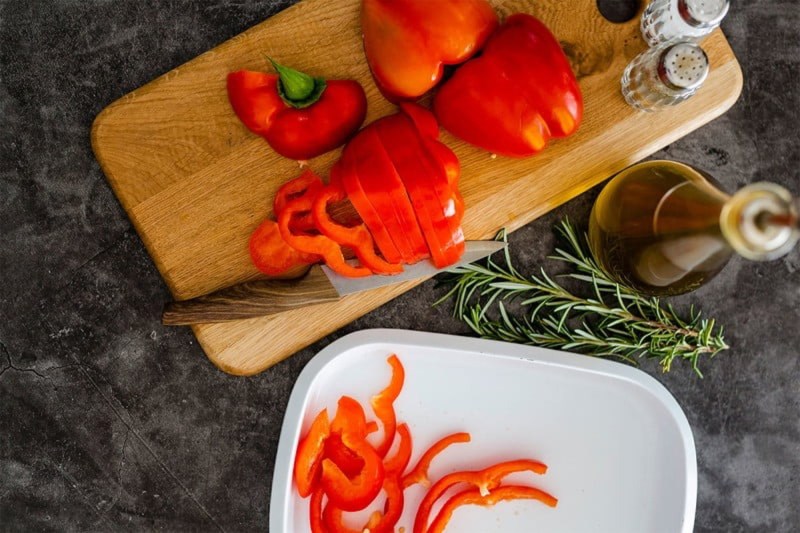
Red bell peppers are one of the best immune-boosting foods because they are packed with several key nutrients that support the immune system. For example, red bell peppers are one of the richest sources of vitamin C, with 190 mg (212% RDI) per cup. Yellow peppers have 138 mg, and green peppers come in at 120 mg per cup. Moreover, red, yellow, and orange bell peppers also contain vitamin A, beta-carotene, and lycopene, which further boost the immune system by regulating inflammation and suppressing pro-inflammatory T-helper cells.
Kiwi
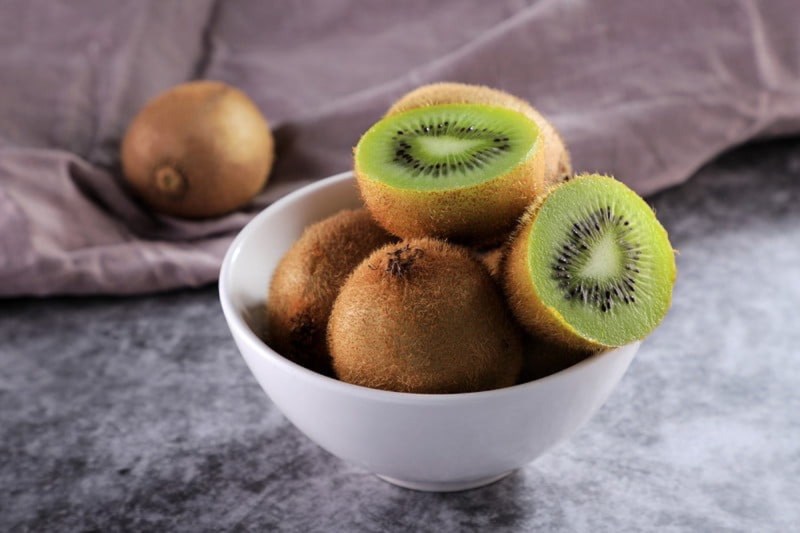
We often think of oranges as the vitamin C elixir we all need when you feel a cold coming on, but kiwi contains even more vitamin C per cup. Each cup of kiwi fruit contains 167 mg or 185% of the RDI for vitamin C. Kiwi pairs well with strawberries, bananas, pineapple, and melon, so you can put together a fruit cocktail of immune-boosting tropical fruits.
Sunflower Seeds
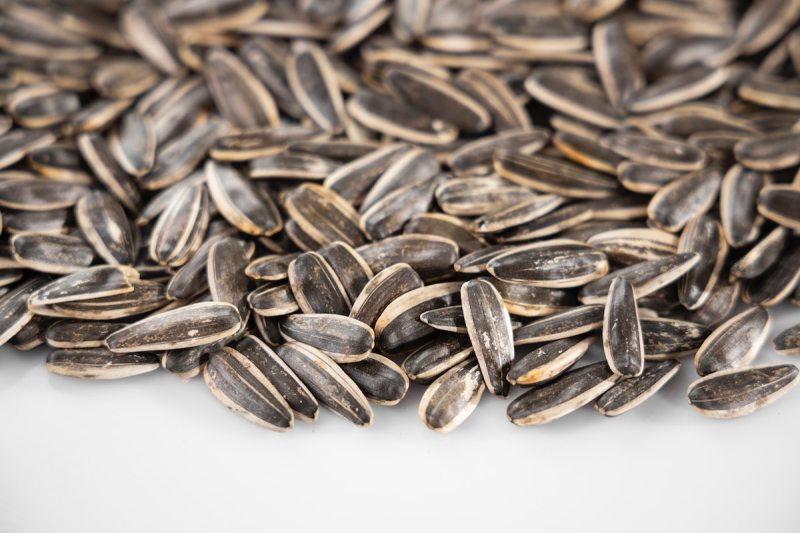
Seeds and nuts are excellent sources of vitamin E, a fat-soluble vitamin that plays several roles in supporting the immune system and protecting against diseases such as heart disease and cancer. Studies have shown that deficiencies in vitamin E can make you more prone to illnesses, infections, and inflammatory diseases, A one-ounce handful of sunflower seeds contains about 10 mg of vitamin E, which is 66% of the recommended daily value, and almonds contain nearly 7 mg per ounce (close to 50% of the recommended daily allowance).
Fatty Fish
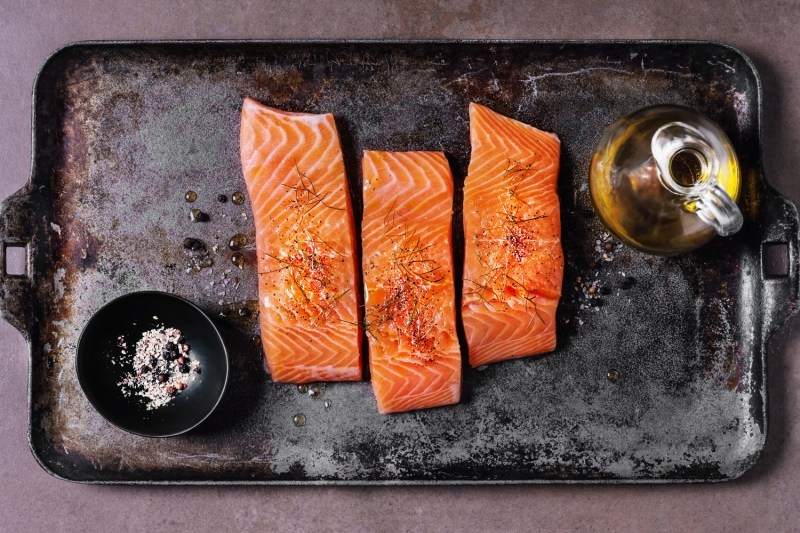
Fatty fish are among the best dietary sources of vitamin D, a steroid that we often associate only with bone health, but that also plays a key role in supporting the immune system, especially against respiratory illnesses. A six-ounce filet of salmon provides nearly 150% of the daily value, with 28.4μg, while three ounces of canned salmon provides about 91% of the daily value. Other fish high in vitamin D include smoked whitefish, swordfish, rainbow trout, canned sardines, halibut, and tilapia, which all provide over 30% of the daily value per serving. Certain types of fatty fish are also high in vitamin A. For example, a six-ounce filet of fresh tuna has 1,287 mcg, which is 143% of the daily value.
Broccoli
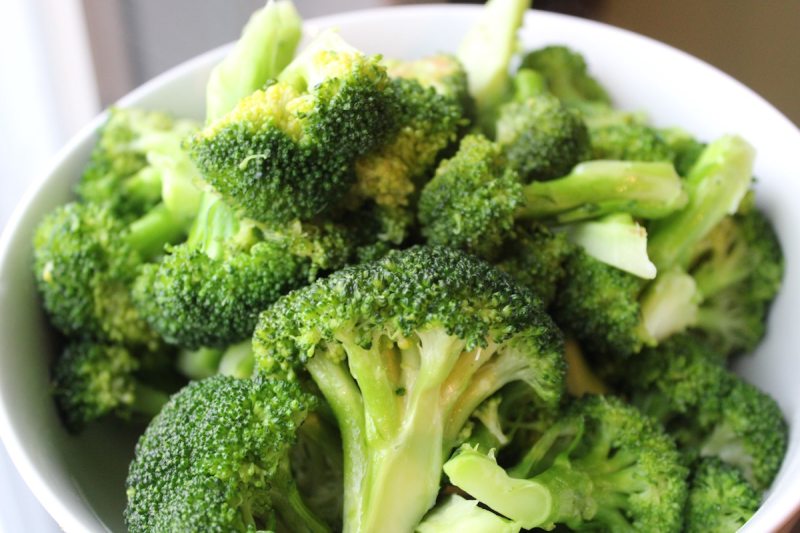
This nutritious cruciferous vegetable earns a spot on most lists of the healthiest foods, and its immune-boosting power certainly contributes to that. One cup of broccoli provides 81 mg of vitamin C. Plus, because broccoli is such a nutrient-dense, low-calorie food, you can get a whopping 525 mg or 583% of the RDI of vitamin C in a 200-calorie portion. One cup of cooked broccoli also provides 2.3 mg of vitamin E, which is 15% of the daily value. Broccoli is also relatively high in vitamin A, with 120 mcg per cup.
Butternut Squash
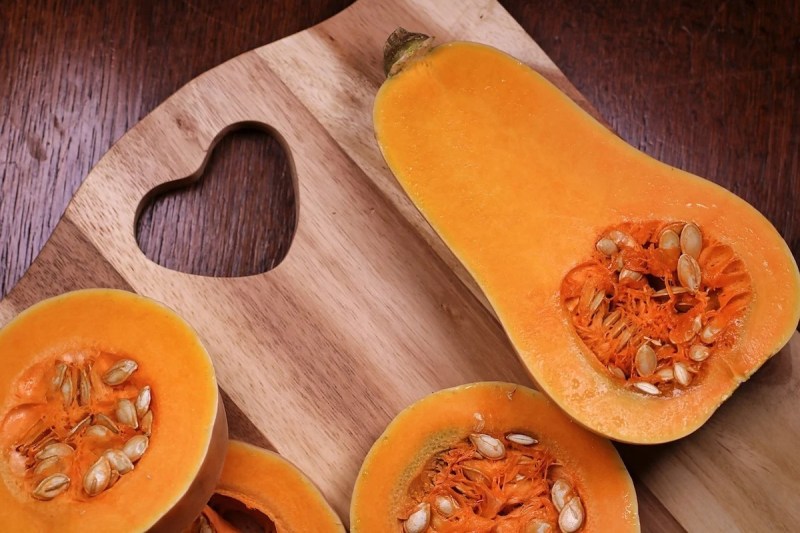
Butternut squash and other winter squash like acorn squash, hubbard squash, and kabocha squash, as well as pumpkin, are rich sources in vitamin A because the bright orange color of these sweet, fleshy fruits is due to beta-carotene, an antioxidant that’s converted to vitamin A in the body. Vitamin A is best known for its role in eye health, but it also reduces inflammation and bolsters the function of the immune system. One cup of canned pumpkin has more than two times the daily value of vitamin A, and a cup of cooked butternut squash has 127% of the daily value, providing 1,144 mcg. One cup of cooked butternut squash also provides 2.6 mg of vitamin E, another key nutrient for a strong immune system.
Sweet Potato
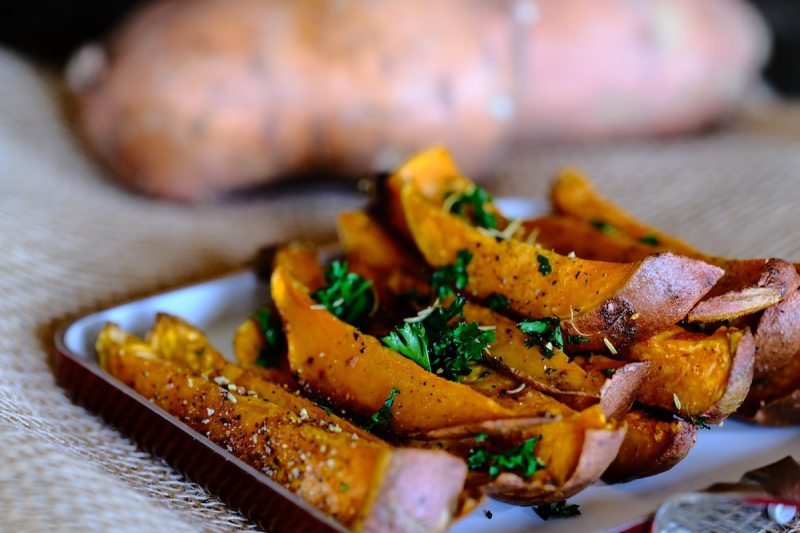
Like butternut squash, sweet potato is exceptionally high in beta-carotene and vitamin A. A medium-sized baked sweet potato will give you nearly 125% of the daily value of vitamin A, along with lots of vitamin C and some potassium.
Guava
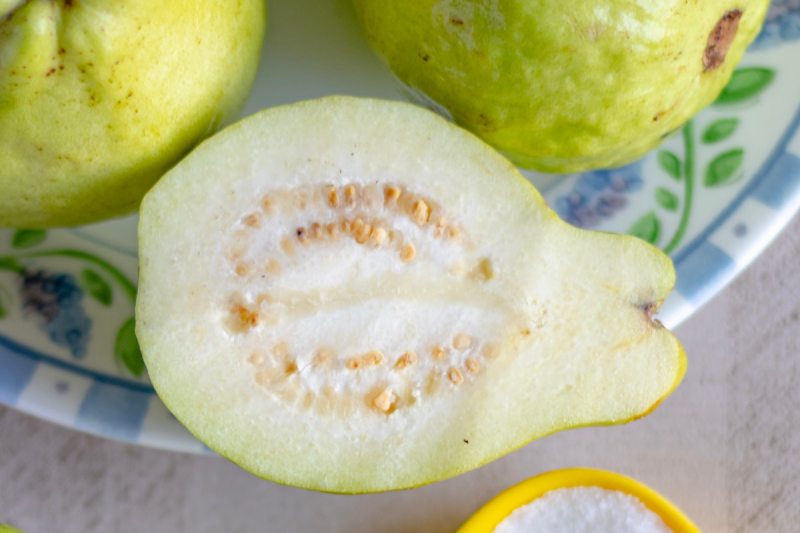
Guavas may not be as popular as bananas, berries, or apples, but they have a lovely flavor akin to a cross between a strawberry and a pear. Guavas are one of the best foods for the immune system because they are packed with vitamin C. Each cup of guava contains 377 mg of vitamin C or 419% of the recommended daily intake.
Spinach
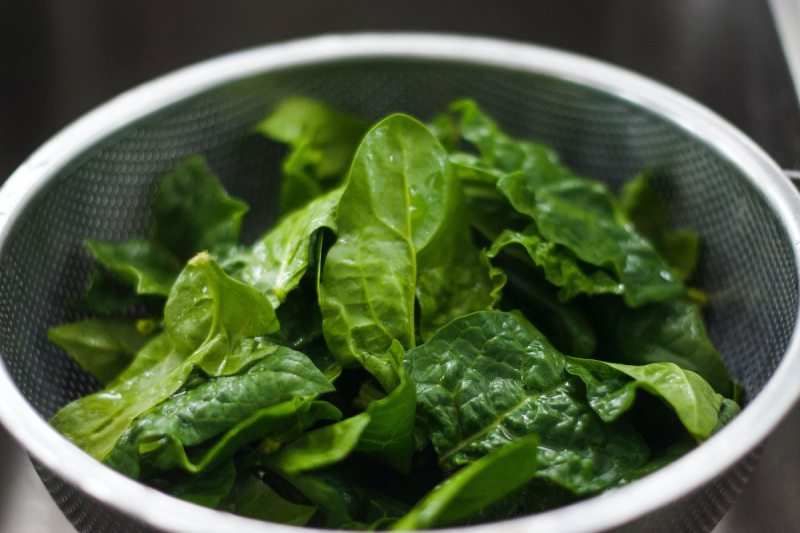
Spinach and other dark green leafy vegetables like kale, collard greens, and beet greens are excellent immune-boosting foods. Dark leafy greens provide tons of nutrients, ranging from iron, calcium, and vitamin K, to a decent amount of protein and nitrates. Nitrates have been shown to increase the body’s production of nitric oxide, which improves the function of blood vessels and can lower blood pressure. Spinach, kale, and other greens are also packed with vitamins A, C, and E, a trifecta of nutrients that support immune health. One cup of raw kale contains 23 mg (26% RDI) of vitamin C. One cup of cooked spinach provides 25% of your daily needs for vitamin E, while one cup of cooked spinach or kale has 885 mcg (98% DV) of vitamin A.
Citrus Fruits
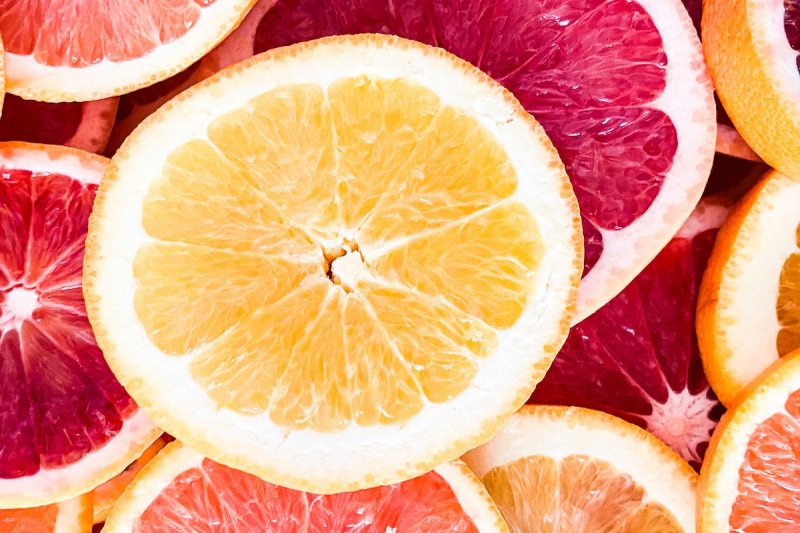
Citrus fruits like oranges, grapefruits, and lemons have earned their designation as top foods to support your immune system for a reason. Oranges contain 96 mg or 106% of the RDI of vitamin C per cup and 53 mg per 100 grams of fruit. A whole pomelo contains over 400% of the recommended daily intake, while one medium-sized grapefruit provides about 96% of the RDI and each little clementine has 40% of the RDI. Pink grapefruit also contains some vitamin A, as one cup has about 15% of the daily value.
Fermented Foods
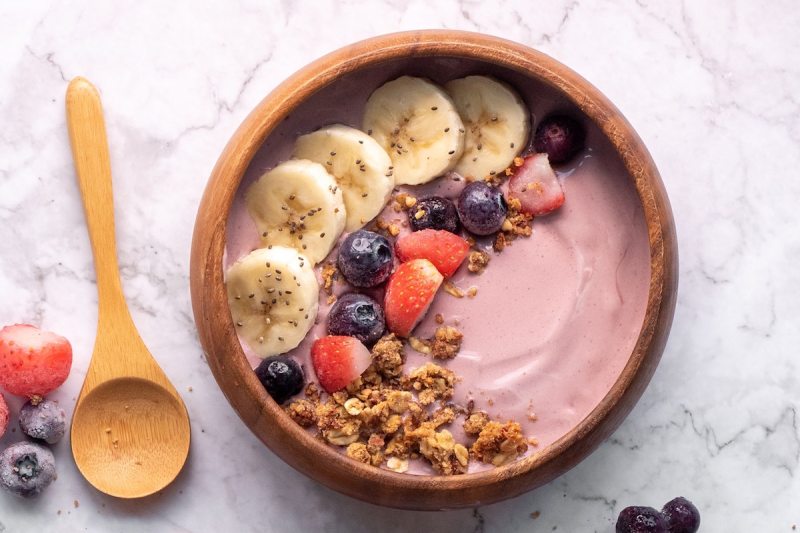
Fermented foods, such as yogurt, kimchi, kefir, and sauerkraut, contain probiotics, which are the strains of beneficial bacteria that can improve gut health and immune function, and reduce inflammation. The gut microbiome plays a crucial role in supporting the immune system, by fending off viruses and pathogens, promoting cellular repair and turnover, neutralizing acids and toxins, signaling the body to produce more white blood cells, and producing various acids and enzymes that make the surrounding environment inhospitable for the pathogens.
Editors' Recommendations
- 9 best food sources for getting beta-carotene in your diet
- Need to reduce your daily sugar intake? Eliminate these 10 surprising foods
- The 10 best sweet treats for your Valentine’s Day celebration
- 9 incredible ways coconut oil can boost your health
- The best Super Bowl snacks: Your party will be a win even if your team sucks




